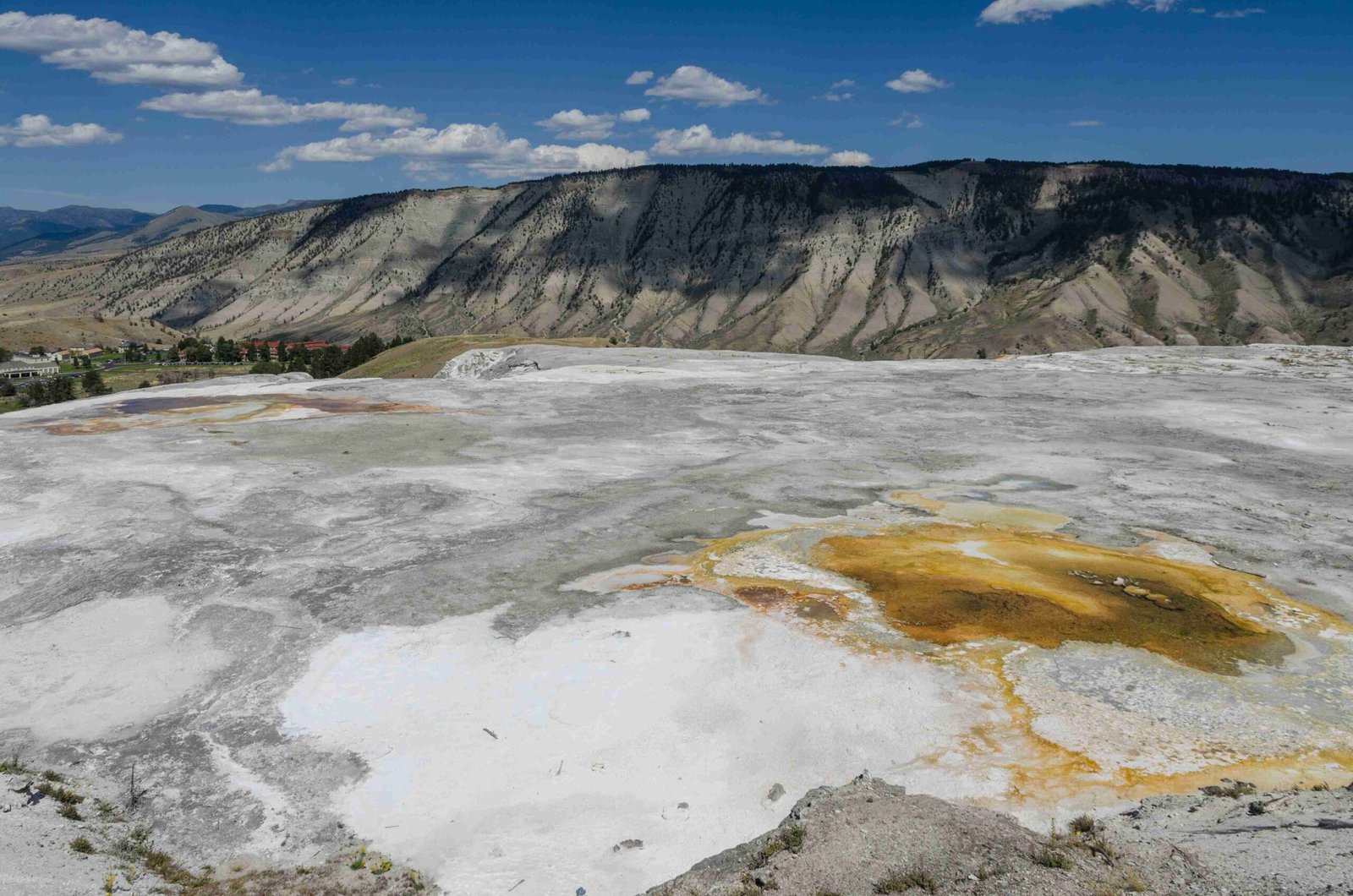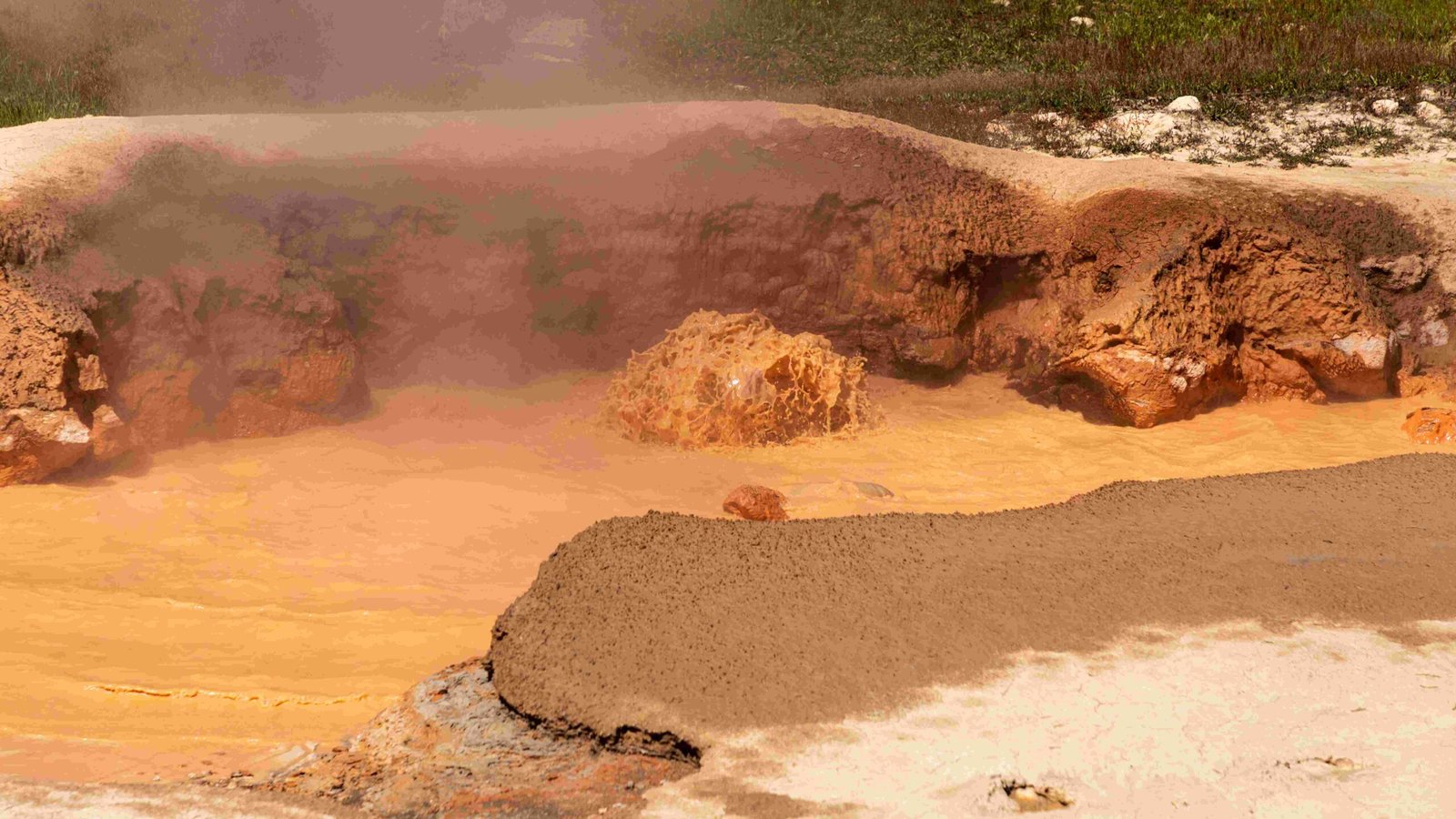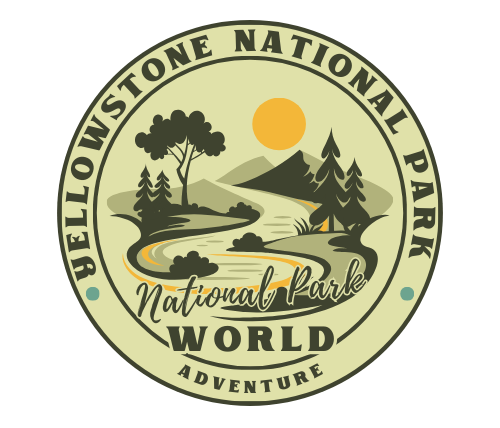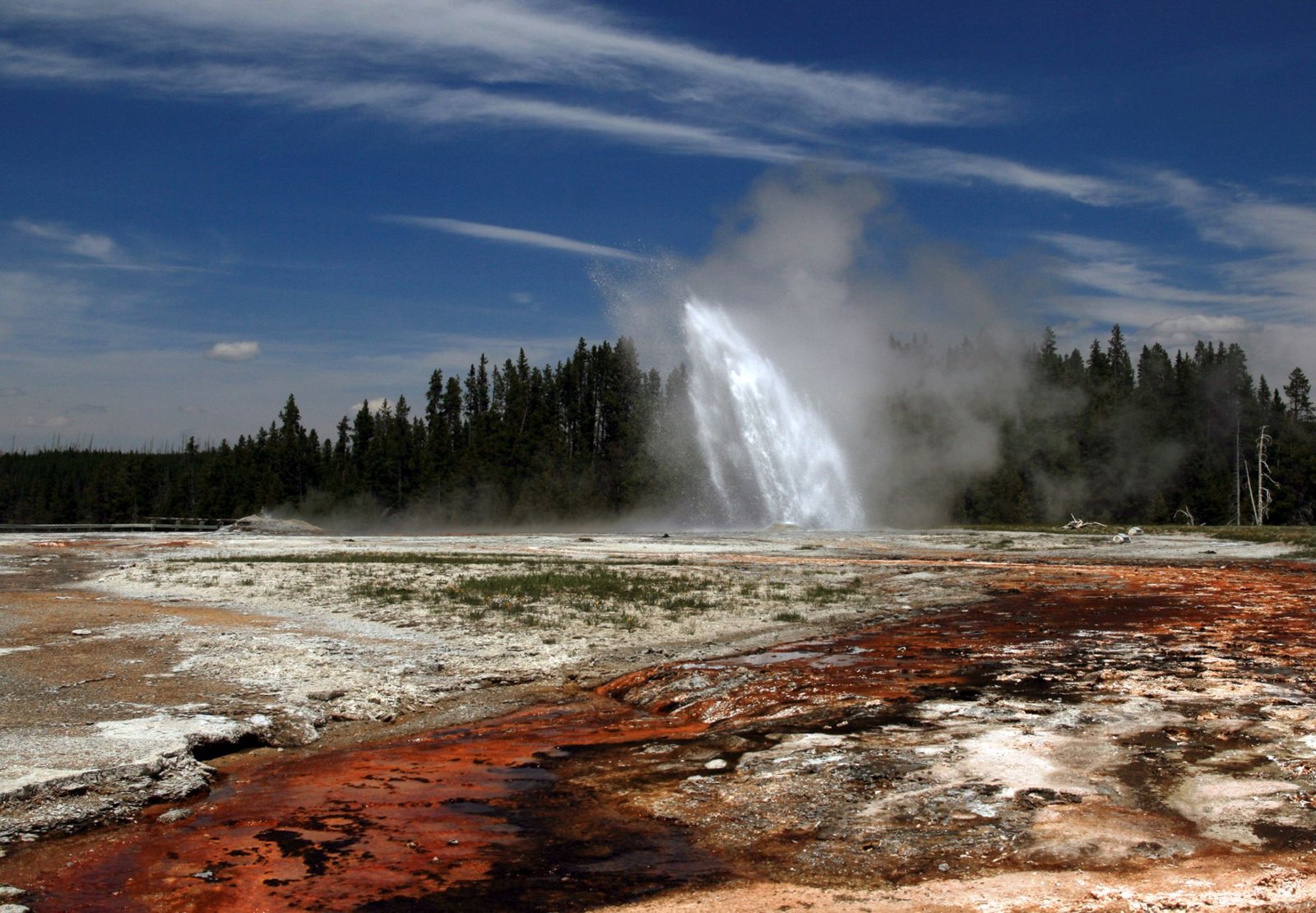As of November 1, 2023, most roads in Yellowstone National Park are closed to regular vehicle traffic for winter preparations. The only open route is between the North Entrance (Gardiner, Montana) and the Northeast Entrance (Cooke City/Silver Gate, Montana) via Mammoth Hot Springs, Tower Junction, and Lamar Valley. This closure is annual and prepares roads for snowmobile and snowcoach travel, which begins on December 15. Visitors should expect cold temperatures, possible snow, and changing weather conditions.
What Are the Current Road Closures in Yellowstone National Park?

The current road conditions in Yellowstone National Park are as follows:
- West, South, and East entrances: Closed to regular vehicle traffic
- Most internal park roads: Closed for winter preparations
- North Entrance to Northeast Entrance: Open year-round
- Tower Fall to Canyon Junction (Dunraven Pass): Closed (was open until October 31, weather permitting)
These closures are part of the annual winter preparation process in Yellowstone. The park transitions from regular vehicle access to oversnow travel during this period.
Why Are Most Roads Closed in Yellowstone During Winter?

The closure of most roads in Yellowstone National Park during winter serves several purposes:
- Winter Preparation: Roads need to be prepared for snowmobile and snowcoach travel.
- Safety: Harsh winter conditions make many roads unsafe for regular vehicles.
- Wildlife Protection: Reduced traffic allows wildlife to move more freely during winter months.
- Maintenance: Closure periods allow for necessary road maintenance and improvements.
This annual closure is crucial for the park’s winter operations and ensures visitor safety during the harsh winter months.
What Road Improvement Projects Are Ongoing in Yellowstone?
Despite the winter closures, some road improvement projects continue in Yellowstone:
- Lewis River Bridge Construction:
- Location: Near the South Entrance
-
Impact: May cause delays of up to 20 minutes
-
Chip Sealing Projects:
- Purpose: Road preservation
- Status: Not active during winter season
- Timing: Typically occur during summer months
These projects are part of the park’s ongoing efforts to maintain and improve its road infrastructure.
How Does Weather Impact Road Conditions in Yellowstone?
Weather plays a significant role in road conditions within Yellowstone National Park:
| Weather Factor | Impact on Road Conditions |
|---|---|
| Snow | Can cause sudden road closures and icy surfaces |
| Cold Temperatures | May lead to black ice formation |
| Rapid Weather Changes | Can result in unexpected road hazards |
Recent weather data (November 17-23) showed:
– High temperatures: 27°F to 41°F
– Low temperatures: 3°F to 23°F
– Snow: Possible on several days
Visitors should always be prepared for changing weather conditions and potential road closures due to inclement weather.
What Are the Best Routes to Access Yellowstone National Park in Winter?
Given the current road closures, the best routes to access Yellowstone National Park are:
- North Entrance Route:
- Enter through Gardiner, Montana
-
Access Mammoth Hot Springs and Tower Junction
-
Northeast Entrance Route:
- Enter through Cooke City/Silver Gate, Montana
- Access Lamar Valley
These routes remain open year-round, providing access to some of Yellowstone’s most iconic winter landscapes.
How Can Visitors Stay Informed About Current Road Conditions?
To stay updated on current road conditions in Yellowstone National Park:
- Visit the official Yellowstone National Park website
- Text “82190” to 888-777 for road alerts
- Call (307) 344-2117 for a recorded message on road conditions
- Check local weather forecasts regularly
- Follow Yellowstone’s social media accounts for real-time updates
It’s crucial to check these sources before and during your visit, as conditions can change rapidly.
What Should Visitors Expect When Traveling to Yellowstone in Winter?
When visiting Yellowstone National Park during winter:
- Expect limited road access
- Be prepared for cold temperatures and snow
- Carry winter emergency supplies in your vehicle
- Plan for longer travel times due to weather conditions
- Be aware that services within the park are limited
- Consider guided snowmobile or snowcoach tours for accessing closed areas
Winter in Yellowstone offers unique experiences, but it requires careful planning and preparation.
Are There Alternative Transportation Options During Winter Closures?
While most roads are closed to regular vehicles, Yellowstone offers alternative transportation options:
- Snowmobile Tours:
- Begin December 15
-
Require guides in most areas
-
Snowcoach Tours:
- Heated, enclosed vehicles on tracks or skis
-
Provide access to popular winter destinations
-
Cross-country Skiing and Snowshoeing:
- Available on designated trails
- Rentals available at certain locations
These options allow visitors to experience Yellowstone’s winter wonderland safely and comfortably.
By understanding the current road conditions in Yellowstone National Park and planning accordingly, visitors can enjoy a safe and memorable winter experience in one of America’s most iconic national parks.
References:
1. Yellowstone National Park Road Closures Begin November 1 for Winter Preparations
2. Last day for visitors to enjoy most of Yellowstone National Park will be October 31
3. Park Roads – Yellowstone National Park

